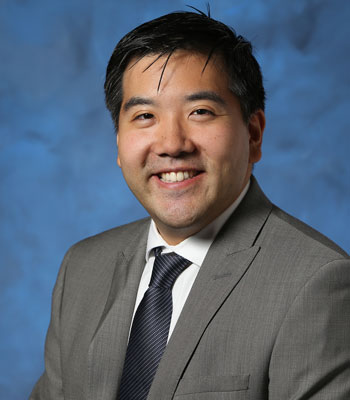Chronic lateness might be time blindness in some
Challenges come from differences in processing, managing time, says UCI Health experts

IN THE NEWS: Are you chronically late to appointments, parties and other gatherings? The reason could be a phenomenon called time blindness. It occurs when the brain has challenges processing and managing time, making it difficult to estimate how long it will take to finish a task, meet a deadline or travel to a meeting.
Dr. Geeta Grover, a developmental and behavioral pediatrician at UCI Health, spoke with MSN about how time blindness can disrupt the harmonious nature of how the brain operates.
She also touched on how the condition is most common in individuals diagnosed with attention deficit hyperactivity disorder (ADHD). It can also affect people diagnosed with autism spectrum disorder, obsessive compulsive disorder (OCD), traumatic brain injury, depression, anxiety, and even Parkinson’s or multiple sclerosis.
It’s important to recognize that those with time blindness have brains that operate differently, according to Grover.
“Time blindness is not willful. It is part and parcel of the executive function skills deficits. Be kind to yourself and understand that this is not on purpose, but part of brain-based differences.”
Dr. Peter Chung, the medical director of the UCI Health Center for Autism & Neurodevelopmental Disorders says that establishing routines with buffer time between tasks can help with stress and decision fatigue.
“Setting regular routines for daily tasks can help develop a consistent rhythm for them, which will require less conscious effort to get things done.”
Grover practices at the UCI Health Center for Autism & Neurodevelopmental Disorders. Her clinical interests are ADHD, learning disabilities and autism spectrum disorders. She is also a professor in the Division of Developmental & Behavioral Pediatrics in the Department of Pediatrics at UC Irvine School of Medicine.
Chung is a pediatrician who specializes in developmental and behavioral medicine. His research focus includes deaf culture, assistive technology, narrative medicine, video games for therapeutic application, medical education and quality improvement. Chung is an associate professor of pediatrics at the UC Irvine School of Medicine.
About UCI Health
UCI Health, one of California’s largest academic health systems, is the clinical enterprise of the University of California, Irvine. The 1,317-bed system comprises its main campus UCI Medical Center, its flagship hospital in Orange, Calif., the UCI Health — Irvine medical campus, four hospitals and affiliated physicians of the UCI Health Community Network in Orange and Los Angeles counties and a network of ambulatory care centers across the region. UCI Medical Center provides tertiary and quaternary care and is home to the only Orange County-based National Cancer Institute-designated comprehensive cancer center, high-risk perinatal/neonatal program and American College of Surgeons-verified Level I adult and Level II pediatric trauma center, gold level 1 geriatric emergency department and regional burn center. Powered by UC Irvine, UCI Health serves nearly 5.7 million people in Orange County, western Riverside County and southeast Los Angeles County. Follow us on Facebook, Instagram, LinkedIn and X (formerly Twitter).





